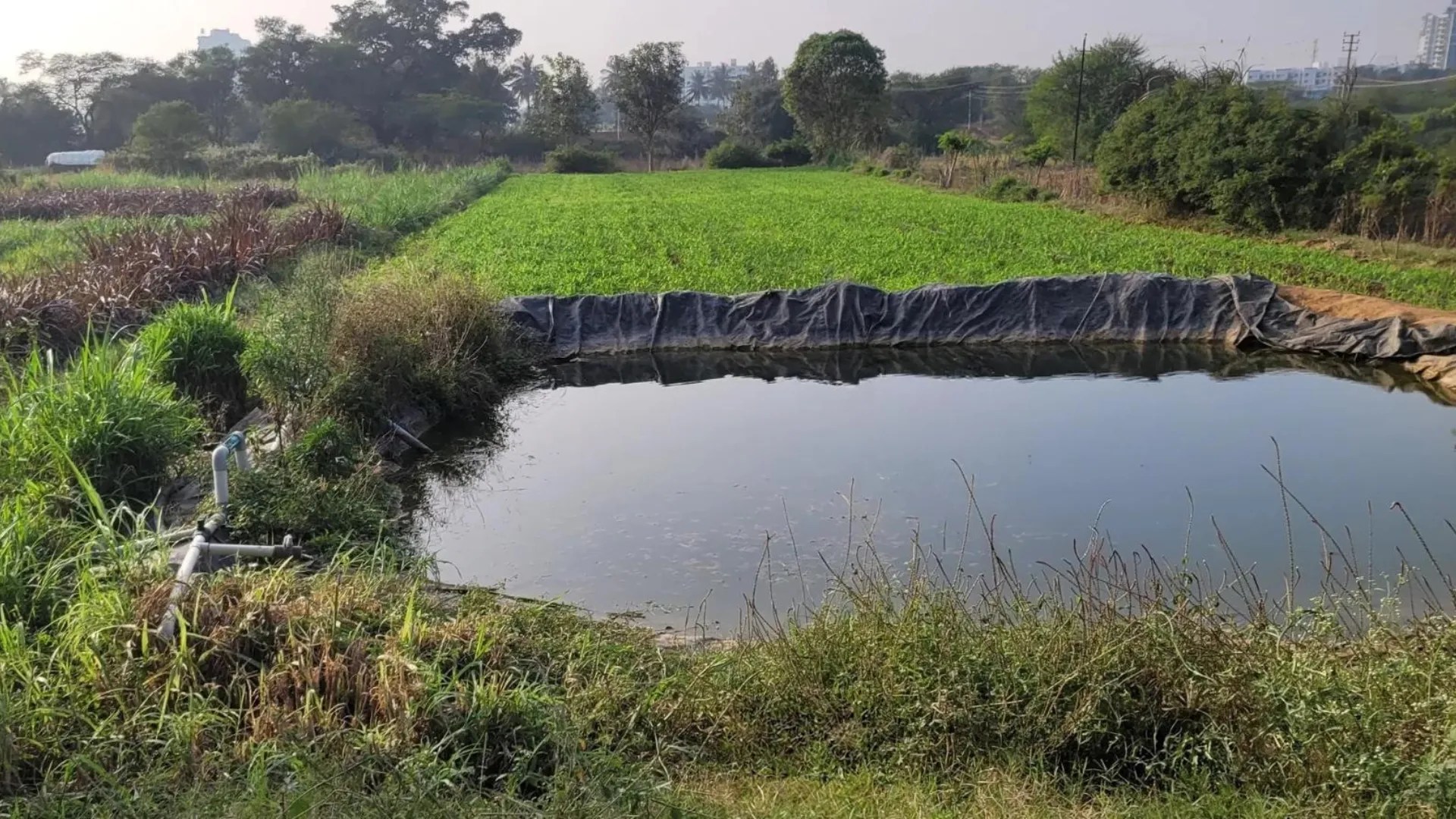Water
McD BERL addresses global water challenges by implementing advanced recycling, conservation, and rainwater harvesting systems, creating net zero and net positive campuses. Our innovative solutions ensure sustainable water use, reducing dependency on external sources and mitigating water scarcity.
Global Water Challenges:
McD BERL's Sustainable Water Solutions:
McD BERL, is at the forefront of addressing global water challenges through innovative watershed management and scientific water conservation techniques. We specialize in creating net zero and net positive campuses that optimize water use by integrating advanced recycling systems, efficient conservation methods, and effective rainwater harvesting. Our holistic approach ensures that water is used sustainably and responsibly, reducing dependency on external water sources and mitigating the impacts of water scarcity. By implementing these cutting-edge solutions, McD BERL helps communities and businesses achieve their water sustainability goals, contributing to a more resilient and water-secure world.
- IIM Trichy
- Sira Lake Development
- Impact Assessment of Sarjapura Lake Development
IIM Trichy

Sira Lake Development

Impact Assessment of Sarjapura Lake Development

